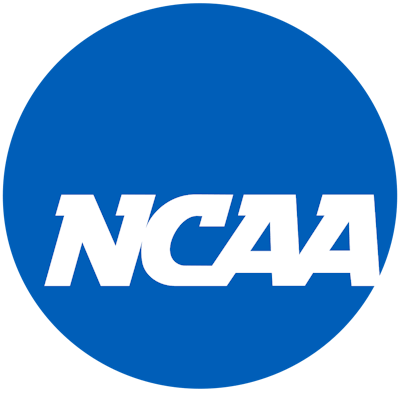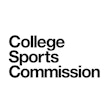
Former Arizona State football associate head coach Antonio Pierce and former non-coaching staff member Anthony Garnett participated in a program-wide effort to engage in impermissible recruiting activities during the COVID-19 dead period, according to a decision released by a Division I Committee on Infractions panel. Due to his personal involvement in aspects of the violations — namely, providing recruiting inducements to prospects and their families — Pierce violated the principles of ethical conduct.
In April, the Division I Committee on Infractions approved a negotiated resolution in which the school and four other individuals agreed to the violations and penalties in this case. Three additional parties did not participate in the processing of the case, and their violations and penalties were included in the agreement.The Division I Committee on Infractions publicly announced the agreement so the school could immediately begin serving penalties while awaiting the committee's final decision for the parties who contested their violations. The case for Pierce and Garnett was resolved via written record hearing.
The majority of the violations in this case stemmed from a scheme in which Pierce, other members of the football staff and a booster arranged unofficial visits to the school for roughly one year during the COVID-19 dead period. During those visits, which occurred over 15 weekends, staff members had impermissible recruiting contacts — including tryouts, football facility tours and entertainment — with 35 prospects and their families. Pierce arranged for or personally provided free meals, apparel, airfare and/or lodging for 27 prospects, often in collaboration with the booster, who was the parent of a then-football student-athlete in the program. In addition to violating the dead period rules, the meals, entertainment — which included taking a prospect's parents to a gentlemen's club — and travel expenses associated with the unofficial visits also constituted impermissible recruiting inducements. As a result of the impermissible benefits received by the prospects, eight who eventually enrolled at Arizona State went on to compete in 19 contests while ineligible.
Several members of the coaching staff indicated during their interviews with enforcement staff that Pierce "ran the show" within the Arizona State football program, and they feared that not complying with Pierce's directives would result in losing their jobs.
As part of the scheme, Garnett facilitated a tryout, directed impermissible transportation and had in-person recruiting contacts with prospects and their families.
Additional dead-period violations occurred when Pierce and Garnett traveled out of state to observe prospects as they engaged in workouts or competitions, including meeting with prospects and their families.
Finally, Pierce directed an assistant coach to engage in tampering by texting and calling a student-athlete who was enrolled at another school and was not in the Transfer Portal. The assistant coach sent the student-athlete 46 text messages and called him at least once, but the student-athlete ultimately did not transfer to Arizona State.
Due to his personal involvement in knowingly arranging for or providing recruiting inducements to prospects and their families, Pierce violated ethical conduct rules.
After separating from Arizona State, Pierce failed on multiple occasions to meet his responsibility to cooperate. Although he participated in an interview with enforcement staff and acknowledged some facts surrounding the unofficial visits, he consistently denied planning or arranging any portion of the visits, providing recruiting inducements, or participating in the out-of-state contacts and evaluations. Additionally, Pierce failed to provide pertinent financial documentation requested by the enforcement staff.
Garnett acknowledged his role in conducting a tryout with a prospect and participating in other recruiting contacts during the unofficial visits. However, he failed to meet his obligation to cooperate when he denied other aspects of his conduct despite significant record information to the contrary.
The panel classified the case as Level I-aggravated for both Pierce and Garnett. In addition to the penalties approved by the Division I Committee on Infractions in April, the committee used the Division I membership-approved infractions penalty guidelines to prescribe the following:
- An eight-year show-cause order for Pierce. Should he become employed by an NCAA member school during that time, he shall be suspended from all athletically related activities for 100% of the first season of his employment.
- A five-year show-cause order for Garnett. Should he become employed by an NCAA member school during that time, he shall be suspended from all athletically related activities for 100% of the first season of his employment.
Members of the Committee on Infractions are drawn from the NCAA membership and members of the public. The members of the panel who reviewed this case are Cassandra Kirk, chief magistrate judge in Atlanta; Jason Leonard, executive director of athletics compliance at Oklahoma and chief hearing officer for the panel; Kay Norton, president emerita of Northern Colorado; Stephen Madva, attorney in private practice; and Roderick Perry, former athletics director at IUPUI.




































